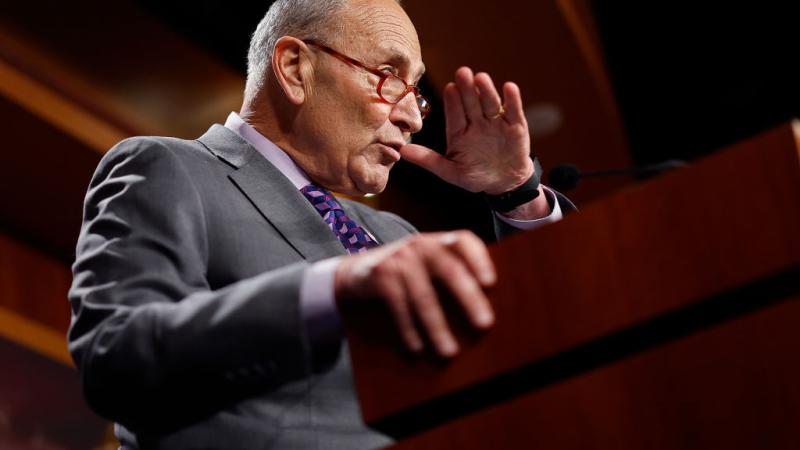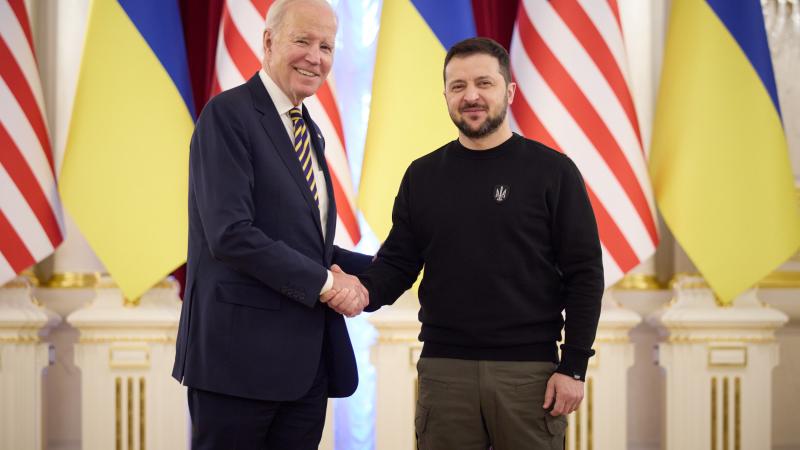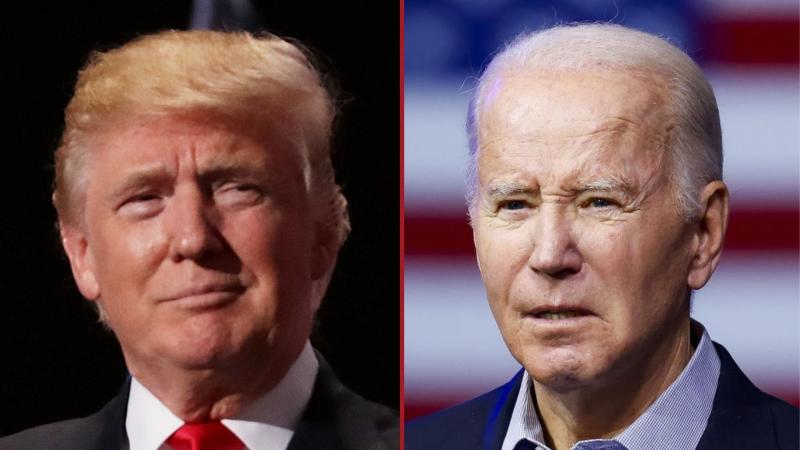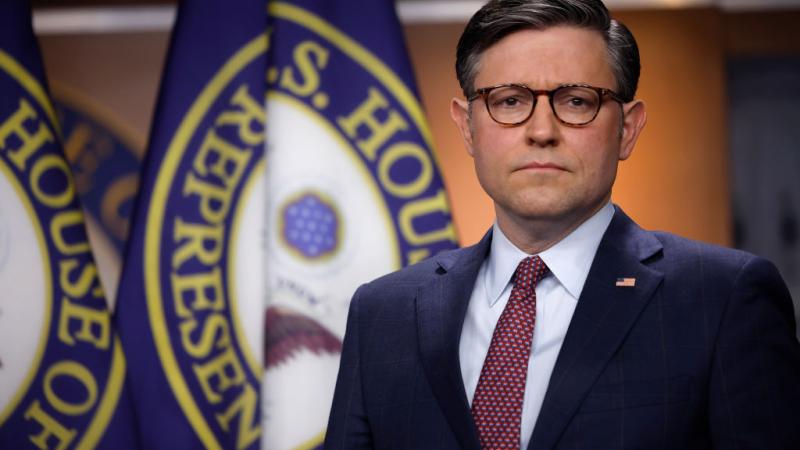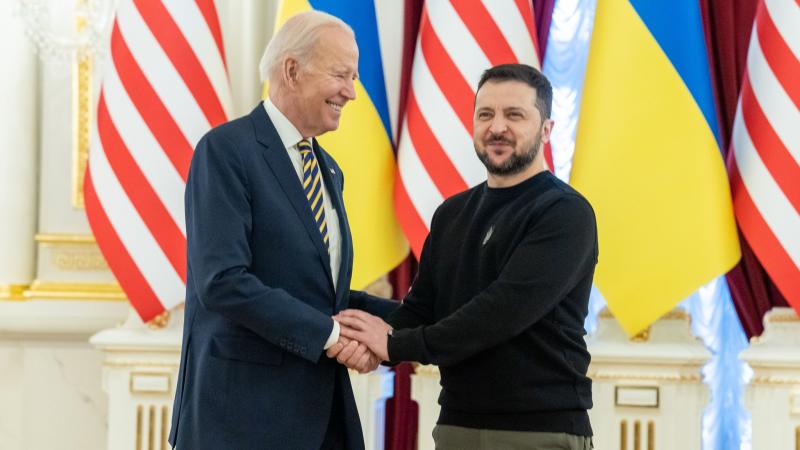Alleged Green Beret spy: Counterintelligence plant, or threat unmasked by defector?
Former Army Green Beret Peter Debbins was charged last week, years after he is alleged to have secretly conspired with Russian intelligence agents.
The arrest last week of a former Army Green Beret for espionage allegedly conducted a decade ago illustrates the long, slow, and convoluted process of hunting for spies, experts told Just the News.
The Department of Justice announced Friday that authorities charged Peter Rafael Dzibinski Debbins, a former Army officer, with conspiring to give U.S. defense information to Russian intelligence agents. Court documents describe activities that occurred from December 1996 to January 2011 - concluding more than nine years before Debbins was arrested on Aug. 21.
The time lag between alleged espionage and arrest might mean that a defector tipped off authorities, said one expert with a background in counterintelligence.
"What I think happened is somebody turned on him," said Robert Allen, a homeland security professor at Tulane University. "Somebody started talking about this guy. He popped up on somebody's radar, and they went after him."
If so, the tip-off might not have occurred recently, Allen said.
"The FBI doesn’t prosecute cases that are weak,” Allen said. “They would have been very thorough, and built a strong case."
Another possibility is that investigators long knew of the alleged espionage, and bided their time with deliberation.
"It's not surprising at all that it would take so long," said author Jeff Stein, who specializes in writing about intelligence operations. "Counterintelligence investigations and mole hunts go on and on and on. When you discover a mole in the ranks, typically what you find out is, who is running the mole, who their contacts are."
Prosecutors may deliberately withhold charges for other reasons, said a University of Southern California law professor who specializes in national security law.
"For example, if the government has an undercover agent or a confidential source that is providing information about the intelligence operations of another country or group, the government may gather evidence to support a variety of cases but choose not to prosecute them until a later date to protect the undercover agent or source from being exposed until that person’s usefulness has concluded," said Rebecca Lonergan, a law professor at the University of Southern California.
Additionally, other interrelated investigations could have been underway, she said.
"If so, the government might have waited to bring this particular case until all of the interrelated investigations were also completed," Lonergan said. Once a prosecution is made public, she noted, most of the evidence supporting that case also will be made public, which means potentially exposing undercover agents, confidential sources, or related investigations.
In the charging documents against Debbins, prosecutors do not name individual contacts; but highlight details of what appears to have been a lengthy investigation.
During the period covered by the investigation, officials wrote in the indictment, Debbins regularly traveled to Russia and met with Russian intelligence agents. These were not chance encounters, officials said.
"According to the allegations, Mr. Debbins knowingly provided information to self-proclaimed members of Russia's Intelligence Service, the GRU," said James A. Dawson, Acting Assistant Director in Charge of the FBI Washington Field Office.
Prosecutors describe an ongoing relationship between Debbins and Russian agents.
"In 1997, Debbins was assigned a code name by Russian intelligence agents and signed a statement attesting that he wanted to serve Russia," the Justice Department wrote in a statement. An officer who served in chemical units, Debbins pursued a career in Special Forces - the Army’s Green Berets - at the behest of his Russian handlers, the department wrote.
The frequent visits to Russia, combined with Debbins’ family heritage with roots in the old Soviet Union, should have alerted Army counterintelligence officials, according to Allen.
"I read the bill of indictment," Allen said. "This guy had red flags all over the place. It should have cued somebody up to look into him."
Investigators may have done just that.
"This could be right out of the counterintelligence handbook," Stein said. "The other prong of a typical counterintelligence investigation is, once you discover the mole, once you try to identify who his or her handler is, you have certain courses of actions you could take."
American agents could, for example, decide whether to target the alleged mole’s handlers for recruitment, or use them for other purposes, Stein said.
"It's not uncommon that you would use this mole to create false information for this mole to run back to the Russians," he said. "This has been done before. Agents have peddled back false information."
That, too, would explain the lag between alleged action and prosecution - particularly when investigators are not time-constrained.
"There's no statute of limitations on espionage,” Allen said. “I've seen one case prosecuted more than 20 years later."
If convicted, Debbins faces a maximum penalty of life in prison, officials said.
A lawyer listed on court papers as representing Debbins did not respond to Just the News when asked for comment.

